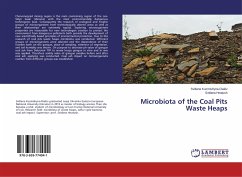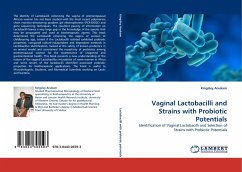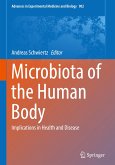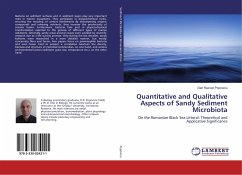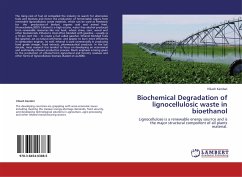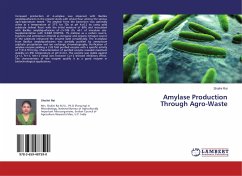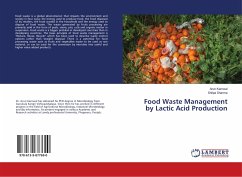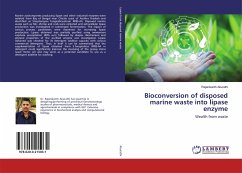Chervonograd mining region is the main coal-mining region of the Lviv-Volyn basin (Ukraine) with the most environmentally dangerous technogenic load. Consequently the research of ecological and trophic groups of microorganisms from technologically altered areas as well as their relationships are extremely topical. Exploring microorganisms properties are reasonable for new technologies creation to protect the environment from dangerous pollutants both provide the development of new scientifically based principles of environmental protection. Due to this research of coal pits waste heaps microbiota was conducted. Different groups of microorganisms were selected and the dependence of their number both on the gangue, place of sampling, existence of vegetation, and soil humidity was shown. On purpose to decrease ph value of gangue coal ash from Dobrotvir TPP to waste heaps gangue in vitro and in vivo was applied. Therefore acidity value of gangue samples before and after coal ash applying was conducted. Coal ash impact on microorganisms number from different groups was established.

